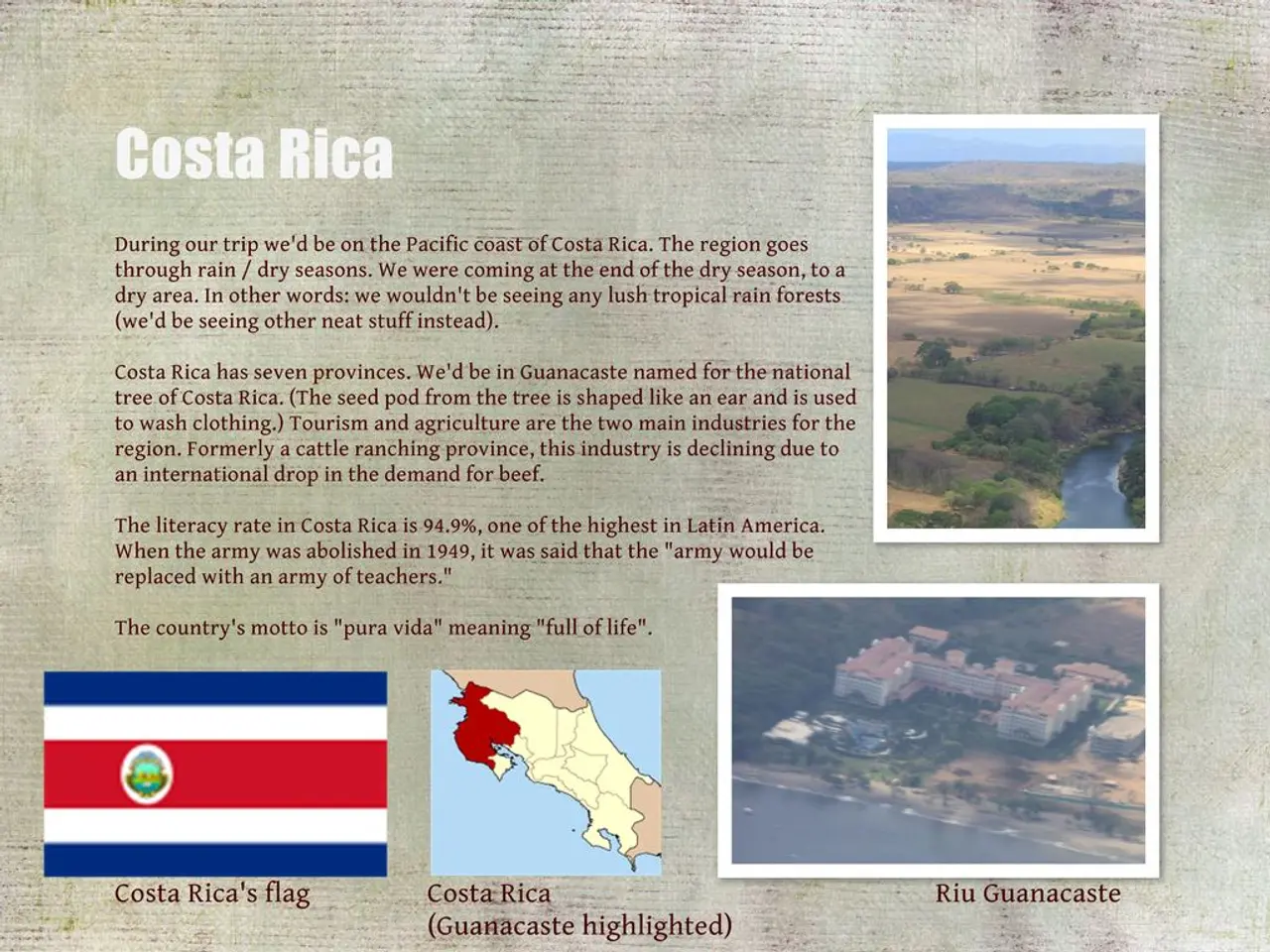Construction of Florida's 'Alligator Alcatraz' detention center temporarily halted due to court decree.
The remote immigration detention center known as Alligator Alcatraz, located in Ochopee, Florida, within the Florida Everglades, has been the subject of much debate and controversy.
Originally announced in June 2025, the facility was intended to house undocumented migrants, particularly those deemed to be the "worst of the worst" criminals by the Trump administration, as part of an intensified federal immigration enforcement effort. The name Alligator Alcatraz references the local wildlife, including alligators, and the notorious Alcatraz prison, symbolising the harsh conditions and remoteness of the center.
Initially, the facility was to be a cost-effective and secure detention site, situated in a natural barrier to minimise the need for expensive security perimeters. However, concerns have been raised about the scope and rationale of its use, as many detainees without criminal records, including DACA recipients, have been held there.
The facility has been criticised for harsh conditions, including reports of overcrowding, lack of adequate medical care, insufficient food quality, and the use of private security contractors. These issues have led to lawsuits from environmental groups, civil liberties organisations, Native American tribes, and political figures, with concerns also raised about its environmental impact given its location in a sensitive ecosystem.
Financially, the center is estimated to cost about $450 million annually, with a daily cost per detainee bed higher than the average for Immigration and Customs Enforcement (ICE) detention beds nationwide.
U.S. Governor Ron DeSantis spoke at a press conference at the Alligator Alcatraz detention facility in Ochopee, Florida, on July 25. The construction of the facility was reported on July 4, with work currently in progress at the Dade-Collier Training and Transition facility in the Florida Everglades.
The controversy surrounding Alligator Alcatraz continues, with many questioning its purpose and the treatment of its detainees, as well as its impact on the local environment and wildlife.
The controversies surrounding Alligator Alcatraz, a notorious immigration detention center in Florida Everglades, involve its purpose and the treatment of detainees, including DACA recipients, within harsh conditions such as overcrowding, insufficient medical care, and poor food quality. The center, initially intended as a secure and cost-effective facility, has faced criticisms from environmental groups, civil liberties organizations, Native American tribes, political figures, and even President Ron DeSantis, who questioned its environmental impact on sensitive ecosystems and local wildlife. The annual cost of $450 million for its operation is higher than the national average for Immigration and Customs Enforcement (ICE) detention beds, sparking debates about its utility in the realm of politics and general-news. The name Alligator Alcatraz symbolizes its association with local wildlife and the historic Alcatraz prison, reflecting the harsh conditions and remote setup of the detention center.






